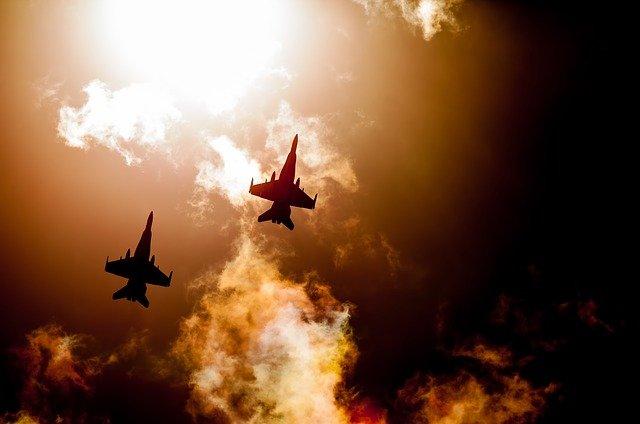Impact Of COVID-19 On Global Defense Budgets Less Severe Than The 2009 Global Financial Crisis | 新冠疫情对全球防务预算的影响不及2009年全球金融危机

虽然在整个新冠疫情周期中,防务市场的表现一直保持强劲,但疫情对经济和财政影响意味着国家防务部门(尤其是西方国家)可能面临更艰难的时期。尽管如此,因为疫情对未来的经济下滑影响不太可能像2009年全球金融危机之后那样严重。直到2025年,由于疫情导致的防务资金压缩所产生的影响可能都不会显现出来。
While the performance of defense markets has remained robust throughout COVID-19 the economic and fiscal impact of the pandemic mean that there are likely harder times ahead for the defense sector, especially in the West. Nevertheless, the coming downturn is highly unlikely to be as severe as the one which followed the 2009 global financial crisis. The full impact of any post-COVID-19 defense spending cuts may not become apparent until 2025.
尽管去年的防务预算基本上保持不变,但过去经济低迷时期的历史表明,政府支出的削减通比经济形势变化要滞后数年。过去的趋势还表明,这种影响会因地区而异,并非所有国家都将在未来几年看到国防开支下行的压力。
While budgets have remained largely unchanged last year, past downturns demonstrate that cuts to government spending normally lag the economic impact by several years. Past trends also show that the impact will vary from region, and not all countries will see downward pressure on defense spending over the coming years.
与2009年全球金融危机之后的时期一样,西方国家防务开支的限制可能会更加严重,因为西方国家经济受到的影响最为严重,政府的援助计划的成本也最大。在东方,防务情况似乎是积极的一方,随着经济短暂的放缓,整个亚太地区的防务预算预计将继续以强劲的速度增长。
As with the period following the global financial crisis in 2009, constraints are likely to be more acute in the West, where the economic impact has been most severe and the costs of government support and stimulus packages have been greatest. Further east, conditions appear far more positive, with budgets throughout the Asia-Pacific region expected to continue to expand at robust rates following a brief slowdown.
